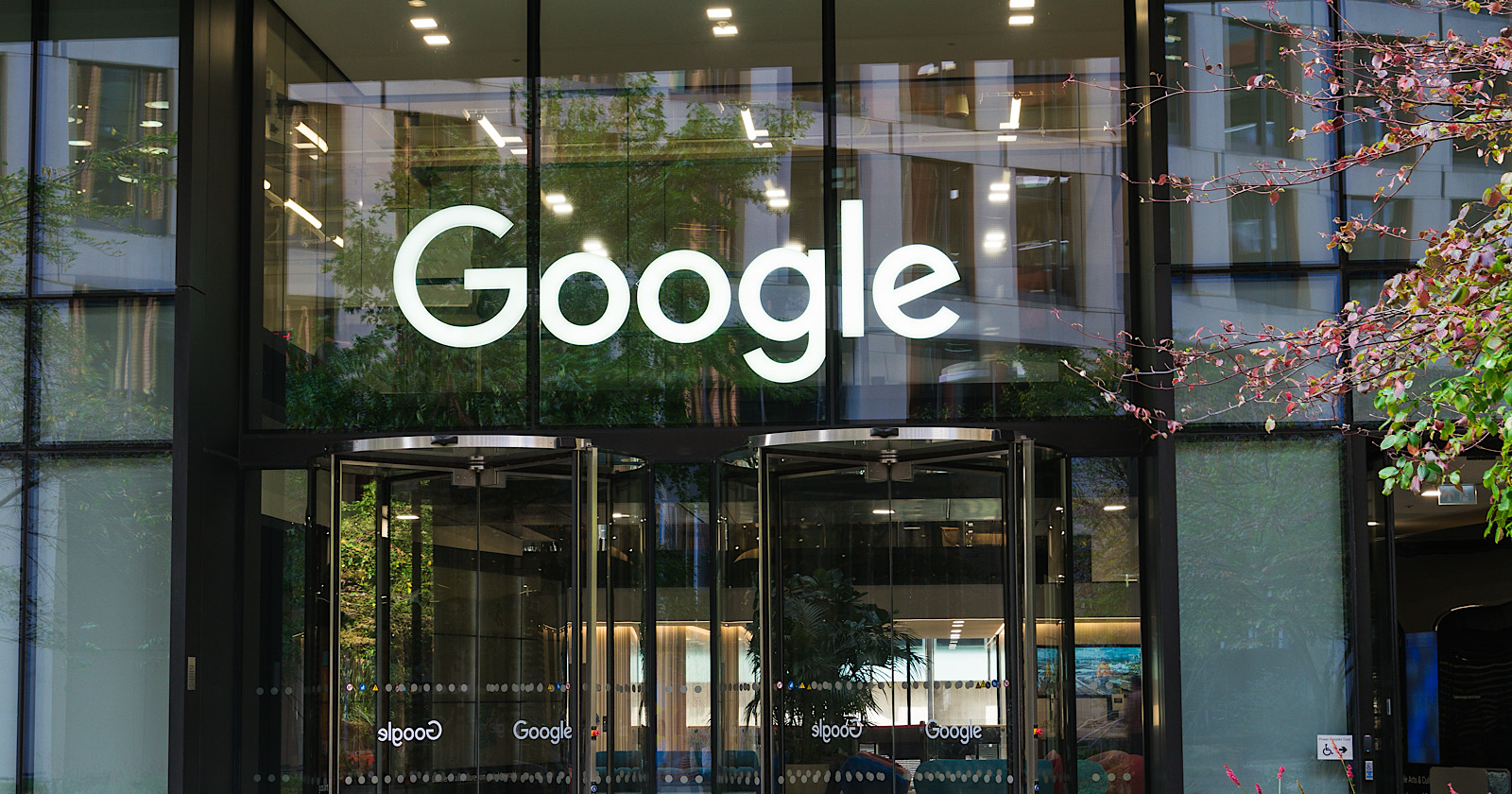Google Search VP Defends Practices As Antitrust Trial Progresses

In the high-stakes antitrust trial brought against it by the U.S. Justice Department and 38 states, Google continues to argue that innovation and search quality, not anticompetitive practices, explain its dominance in internet search.
The trial opened last month in a Washington D.C. federal court and represents the most significant antitrust case against a tech company in over 20 years.
Google controls over 90% of global web searches, with rivals like Microsoft’s Bing capturing just a single-digit market share.
If Google loses, it may be forced to make major changes to its business, like spinning off parts of its operations. However, the complex case will likely trigger years of appeals before final remedies are implemented.
Google’s Vice President Of Search Takes The Stand
Google called its first witness, Pandu Nayak, to the stand on Wednesday.
Nayak, a vice president for search at Google since 2004, detailed the company’s “vast effort” to ensure its search results are high quality, according to Reuters.
This included building infrastructure to index hundreds of billions of webpages, using machine learning tools developed by Google to improve results, and employing thousands of human raters to assess the relevance and reliability of search results.
Nayak’s testimony appeared aimed at rebutting arguments made earlier in the trial by witnesses called by the Justice Department.
Those witnesses claimed Google maintains its search dominance partly through exclusive contracts with smartphone makers and wireless carriers worth billions of dollars that set Google as the default search engine.
However, Nayak suggested search volume was less critical than clever software. “Bigger is not necessarily better,” he testified, according to The New York Times.
Comparing Google To Rivals
Nayak’s testimony included comparisons with rival search engines, notably Microsoft’s Bing.
Nayak revealed that Google actively benchmarks the quality of its search results against competitors like Microsoft’s Bing.
He stated that Google found its search results to be superior in testing. Nayak didn’t provide specifics on Google’s methodology for comparing search engines.
Lastly, he mentioned that Google has started comparing its results with those from the video-sharing app TikTok.
Potential Impact If Google Loses
Consumer groups argue that Google’s dominance means users have no alternative search options, stifling innovation.
However, Google contends people continue to use it because it provides the optimal search experience.
If Google loses, it could be forced to modify its search algorithms, end some exclusive deals, or sell off parts of its advertising business.
Google executives like CEO Sundar Pichai are expected to testify later to refute claims of anticompetitive practices.
Source link : Searchenginejournal.com

![YMYL Websites: SEO & EEAT Tips [Lumar Podcast] YMYL Websites: SEO & EEAT Tips [Lumar Podcast]](https://www.lumar.io/wp-content/uploads/2024/11/thumb-Lumar-HFD-Podcast-Episode-6-YMYL-Websites-SEO-EEAT-blue-1024x503.png)

